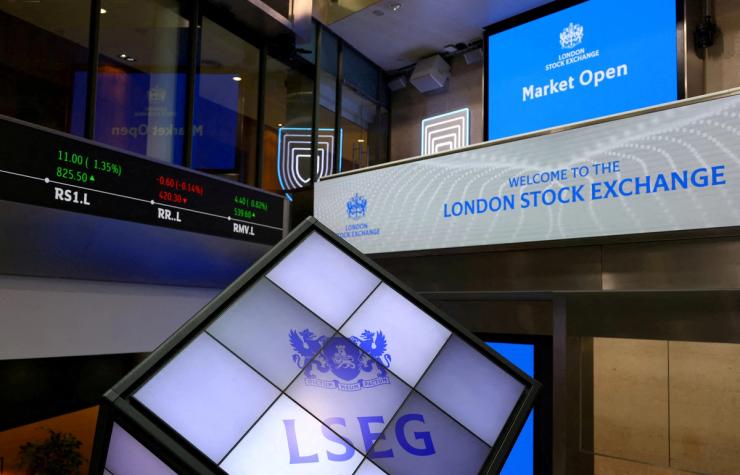The News
London doesn’t think it’s losing the stock-exchange competition with New York — but it’s mounting a spirited fightback anyway, because the battle is bigger than observers fully understand. That’s the takeaway from official announcements and remarks by the London Stock Exchange’s deputy chief executive.
British authorities this month outlined what analysts have described as the biggest overhaul of IPO rules in decades, giving more power to company executives by removing rules for shareholder votes on certain decisions and reducing the requirements to adopt dual-class share structures — both of which were frequent complaints about the UK made by businesses picking between London and New York City.
The rules come into effect on July 29, and are part of broader financial market reforms introduced by the Conservatives that are, in large part, now being taken forward by Britain’s new Labour government. Among them are rules that would allow private companies to offer shares on public exchanges without having to list, and consolidating Britain’s myriad state pension funds to give them greater market power, much like Canadian funds, such as Ontario Teachers’ Pension Plan or the Canada Pension Plan Investment Board.
“It’s an important moment for the UK to look at that evolved landscape, and make sure that the UK capital markets offering is compelling,” Charlie Walker, the LSE’s deputy chief executive said in an interview.
In this article:
Prashant’s view
Walker’s case is a compelling one: That the much-ballyhooed competition between New York and London for IPOs and stock-market listings — which by most metrics New York is winning in a landslide — is a distraction from a more complex, multidimensional, longer-term battle.
In his telling, the world of capital is more differentiated than ever before. Companies can not only choose between London and New York, but also their own local stock exchanges (Mumbai’s IPO volume more than doubled last year compared to 2022, for example), and between public and private capital in ways that have not previously been the case.
“If you look at public markets around the world, you’ve seen a decline in listed companies, including in the US,” Walker said. (The overall number has more than halved since 1996.) “The London Stock Exchange needs to make sure that it’s got a compelling offering for companies that are looking to access capital — whether that be public or private — and then have geographic choice.”
“Companies now have a choice as to how do they want to access capital. Private markets have grown exponentially, and often [companies] have got a choice as to where are they going to access that capital. Capital markets have shrunk in that way, in terms of globalization of them.”
In essence, London versus New York is merely a battle in a wider war.
Room for Disagreement
Walker and LSE executives insist that observers over-index on tech stocks when they compare US and UK listings: Apple and Nvidia together have a combined market capitalization greater than all the companies on the London Stock Exchange, for example. But even if you accept the LSE’s argument, made by the exchange’s chief executive in a speech in May, that comparable US- and UK-listed stocks trade at comparable earnings multiples, the fact remains that the global tech sector is firmly ensconced in the United States — and there is no sign of that shifting.
Notable
- The Wall Street Journal’s Heard on the Street column argues that the main issue with London’s stock exchange isn’t listing rules, but that its equities are cheap compared to their US peers.


